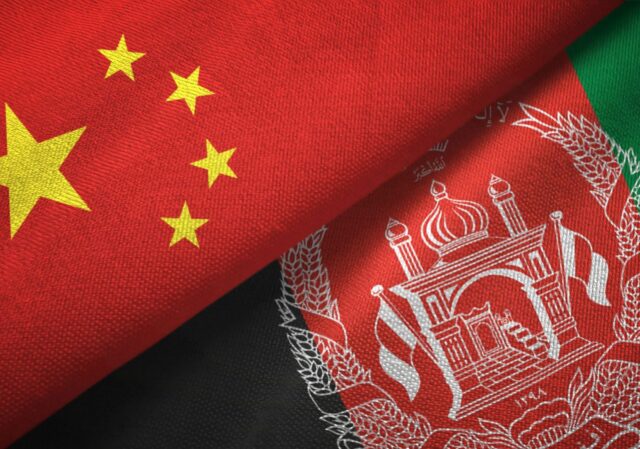China has been attached to Afghanistan since a long time but with it situation with US and Taliban made them take a back seat. In the recent times, with the fighting with the Taliban and US troop’s departure has led to ensuring long time stability in one of its most troubled neighbours. Afghanistan’s diplomatic value has also changed for China, growing in importance as Beijing expands its overseas investments, takes a greater role in global governance and tightens national security at home.
China’s first notable involvement in Afghanistan was in the 1980s, helping the United States, Pakistan and Saudi Arabia to arm the Afghan mujahideed fighting the Soviet Union after it invaded to install a government loyal to Moscow. In November 1982, the former leader Deng Xiaoping said “Problems in Afghanistan are of global strategic significance. China and Afghanistan share a border, these forms a threat to China [which] can [geographically] encircle China.”
Afghanistan is considered important by China due to many reasons. Afghanistan shares a 90 km border with China as it to home to the larger number of Muslim Uygurs. China has been blaming Islamist extremes for attacks in the region which claimed hundreds of lives in the past decade. Another reason why Afghanistan is important is because of its importance in projects like China-Pakistan Economic Corridor. The most infamous stalled project is the Mes Aynak deal, a copper contract Chinese state-owned mining giant MCC signed with the Afghan government in 2007 but it still has to start. According to the Chinese Ministry of Commerce, it has invested US$400 million by the end of 2017 in contrast to the US$5.7 billion invested in Pakistan the same years.
China and Afghanistan established an official military dialogue in 2016 and by 2018; Chinese Defence Ministry provided them with about US$ 70 million as military aid to support defence and counter-terrorism efforts. Although there are no Chinese soldiers on the round but their presence can be felt through development projects like the establishment of a mountain brigade to counter possible attacks by terrorists.
In 2001 when China established the Shanghai cooperation organisation, Afghanistan was made the observer. Chinese aim was to fight three areas to establish peace and stability. These three include terrorism, extremism and separatism. The members of the SCO have put up joint military exercises to help Afghanistan.
China’s foreign minister Wang Yi recently hosted a delegation of the Taliban, led by Mullah Abdul Ghani Baradar, in Tianjin. The meeting highlighted Beijing’s balancing act which is seen as both an opportunity and a threat in Afghanistan in the backdrop of the withdrawal of United States (US) troops as there are now in its final stages. China’s role in the present times will significantly increase but what is important to see is how China will help counter terrorism in Afghanistan and by doing so how will they maintain its national security as well as national interest.









